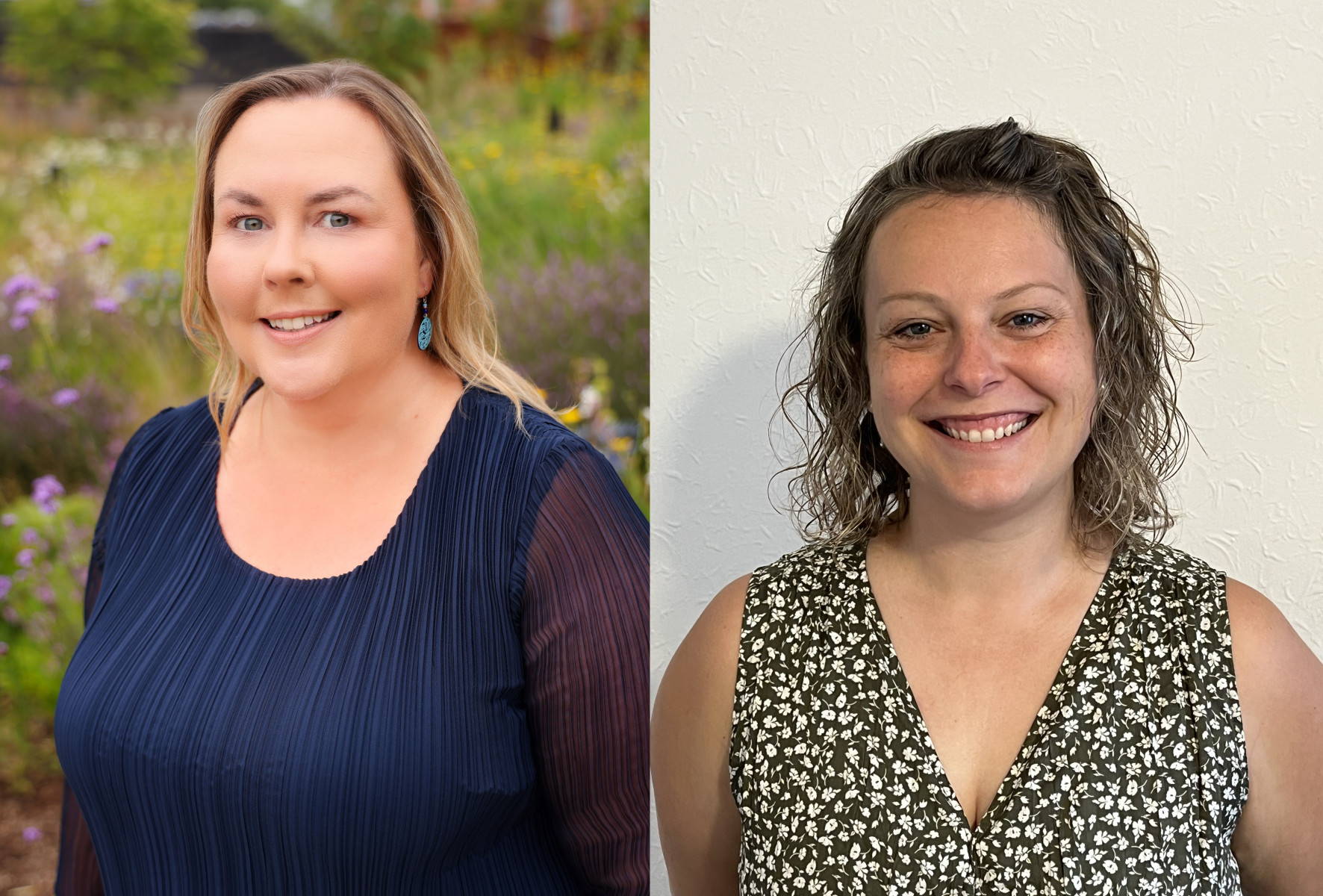Two rising stars from The University of Manchester have been honoured with Future Leaders Fellowships by UK Research and Innovation.
In total 68 of the most promising research leaders will be funded £104 million to lead research into global issues and to commercialise their innovations in the UK.
UKRI’s flagship Future Leaders Fellowships allow universities and businesses to develop their most talented early career researchers and innovators and to attract new people to their organisations, including from overseas.
Dr Fiona Whelan is a Senior Lecturer in Computational Biology and Bioinformatics at The University of Manchester whose research focusses on combining classical microbiology techniques with cutting-edge bioinformatic methodologies.
Fiona was previously a University of Nottingham Anne McLaren Fellow (2020-3) and Marie Skłodowska-Curie Independent Fellow (2018-20). She moved to the UK from McMaster University, Canada where she conducted her PhD research on the human microbiome.
She said: “I am so excited to join this cohort of UKRI Future Leaders Fellows. My research programme – focussed on understanding how bacterial interactions within mixed microbial communities contribute to pathogenicity and disease progression in cystic fibrosis – is interdisciplinary in nature.
“This Fellowship gives me the unique opportunity to assemble a world-leading, interdisciplinary team who will have the experience and expertise to answer these important questions and – ultimately – hopefully improve the lives of individuals with cystic fibrosis.”
Dr Laura Richards, a Dame Kathleen Ollerenshaw Fellow based at the Department of Earth and Environmental Sciences, University of Manchester, has been awarded a UKRI Future Leaders Fellowship to launch a project called AQUAROAD.
AQUAROAD aims to create a roadmap towards improved groundwater quality management in the context of the Global South by bringing together interdisciplinary approaches to understand (bio)geochemical controls and to support evidence-based decision making for effective remediation strategies for water supplies used for drinking.
The approach, aligned with the UN Sustainable Development Goals, will be developed and demonstrated in contrasting areas in India and East Africa, with flexibility for future adaptation.
Dr Richards said: “I’m thrilled and deeply grateful to have been awarded a Future Leaders Fellowship. This fellowship is an exciting springboard for ambitious research with an excellent network of collaborators and potential for positive impact on society.”
UKRI Chief Executive, Professor Dame Ottoline Leyser, said: “UKRI’s Future Leaders Fellowships provide researchers and innovators with long-term support and training to develop ambitious, transformative ideas.
“The programme supports the research and innovation leaders of the future to transcend disciplinary and sector boundaries, bridging the gap between academia and business.
The fellows announced today demonstrate how these awards continue to drive excellence, and to shorten the distance from discovery to prosperity and public good.”
